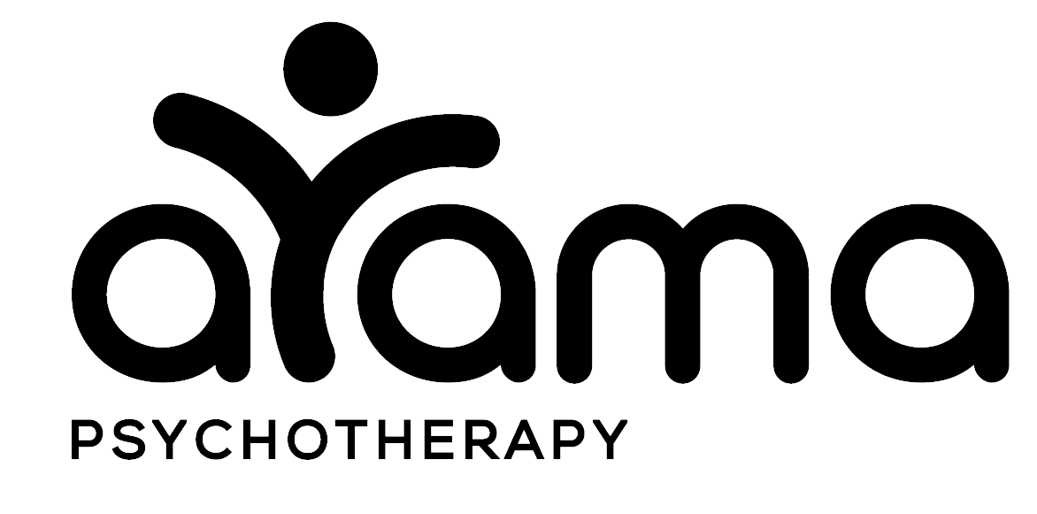Insomnia Help (CBT-I)
Understand and reset your sleep patterns
The typical person who benefits from our approaches wants to learn CBT-I (cognitive behavioral therapy for insomnia) instead of adding new or more medication(s) and has accepted that there is no “one-size-fits-all” answer for good sleep.
Ready to start sleep and insomnia services?
without adding a new medication
without getting “psychoanalyzed”
without settling for erratic or chronically unrestful, light sleep
An example of CBT-I
The sleep stats below are from a previous treatment we conducted. “Cecelia” came to us due to problems falling asleep and returning to sleep and was seen for 6 sessions.
Pre-treatment stats
Client’s initial self-rating of severity of insomnia: Severe
Time to fall asleep: 79 minutes
Time awake during the night: 94 minutes
Total Sleep time: 5.4 hours
Sleep efficiency (amount of time spent asleep while in bed): 65%
Post-treatment stats (6 sessions of treatment)
Ending severity of insomnia rating: None/Not clinically significant
Ending time to fall asleep: 19 minutes (improved by 60 minutes)
Ending time awake during the night: 16 minutes (improved by 78 minutes)
Total sleep time: 6.8 hours (normal range)
Sleep efficiency: 93% (normal, nearly all time in bed was spent asleep)
Insomnia Treatment Process
CBT-I is offered via telehealth or in-person.
Appropriate for adults suffering from chronic sleep problems, and especially recommended for people who have complex health or psychological histories, who wish to have a clear diagnostic picture and who would prefer to have doctor input on health decisions and supervision of their health data.
We are located in PA, and can offer services online or in-person. This service is for those located in PA and in 40+ other states, as listed under PSYPACT-participating states. Check if your state is listed.
A referral from a physician or therapist is not necessary, although it can be helpful to know that your doctor agrees that treatment is warranted before you make contact with us.
Telehealth is available with several experienced providers. Read their bios for more info.
Read more on our handout on CBTI-I.
Don’t just take our word about CBT-I. Read the research.
While results vary and there is no guarantee that all sleep results would be the same, these results are also not atypical for someone completing CBT-I.
There is a plethora research from peer-reviewed journals which substantiates that behavioral interventions (CBT-I) can be used for treatment of insomnia. Since 2016, the American College of Physicians has recommended CBT-I as the first line, gold-standard of treatment for insomnia. It is notable that this is in comparison to medication interventions.
The research is compelling for the twofold increase in depression risk when insomnia is present (in previously non-depressed people), and there is importance in addressing insomnia in older adults using CBT-I, according to Harvard Health.



